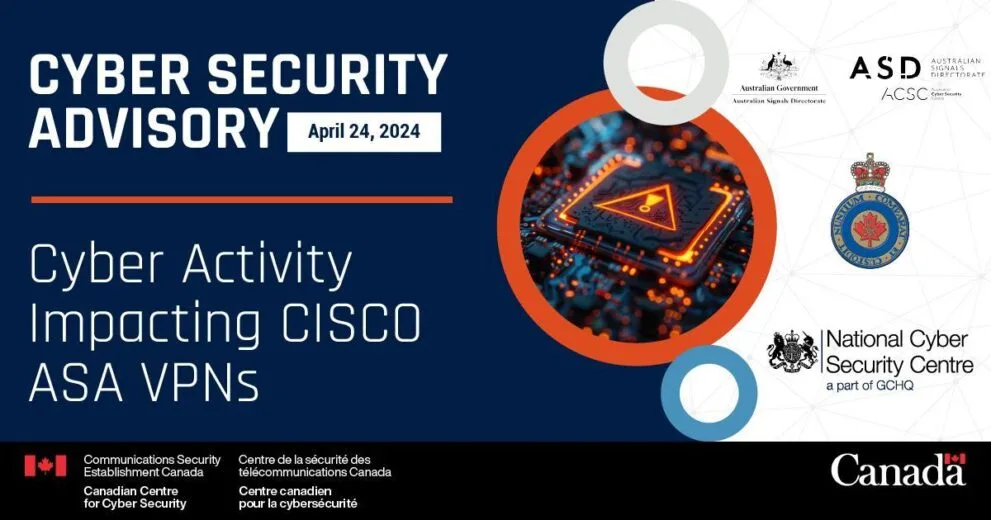Ottawa – The Canadian Centre for Cyber Security, a part of the Communications Security Establishment Canada, joins several global security partners today in warning the public about a growing cyber security threat to civil society organizations and individuals, a community that has been deemed high risk for state-sponsored cyber threats.
In a new advisory co-authored by Canada, the United States, Estonia, Japan, Finland and the United Kingdom, cyber security agencies share new details about the ways and means foreign threat actors use for cyber attacks on civil society targets. The high-risk community of civil society organizations and individuals is defined in the report as: nonprofit, advocacy, cultural, faith-based, academic, think tanks, journalist, dissident, and diaspora organizations, communities, and individuals involved in defending human rights and advancing democracy.
According to industry reporting shared in the advisory, state-sponsored targeting of these organizations and individuals comes predominantly from the governments of Russia, China, Iran, and North Korea. Those same industry reports highlight the growing and real cyber security threat to civil society, which they describe as high-risk because:
- Civil society organizations and their staff have a high threat of being targeted by malicious cyber attacks – and are known targets — of state-sponsored cyber actors seeking to undermine democratic values; and
- Civil society organizations have a low capacity to defend themselves from such threats, often due to resourcing and the public nature of their work.
The advisory warns that the tactics are growing more and more personalized and subversive, with threat actors known to invest significant time and resources to researching each target. The report includes examples of how threat actors may pose as trustworthy sources to trick a victim into interacting with a malicious hyperlink. In another memorable example shared, the threat actors set up trojan-style, fake apps and online app stores housing malicious software – allowing them to access targets’ personal accounts and devices – and even remotely take over a user’s device.
The advisory includes prevention tips and resources for civil society organizations, individuals, and software manufacturers.
Canadians can stay informed by visiting getcybersafe.gc.ca or cyber.gc.ca for more on how to stay cyber secure.
“The expression of civil rights and free speech is a cornerstone of Canadian democracy. Unfortunately, authoritarian governments are increasingly using cyber means to target civil society groups and individuals, often across international borders. CSE, in close collaboration with global partners, is working hard to defend and protect our democratic institutions from such threats.” – Caroline Xavier, Chief, Communications Security Establishment Canada
“The Canadian Centre for Cyber Security, a part of CSE, welcomes this report. The best way to protect Canadians from the growing threat of foreign interference, and digital transnational repression is to raise awareness about the threat. We all have a role to play in defending Canada from threats to our democratic institutions, including our civil society organizations and individuals.” – Sami Khoury, Head of Canadian Centre for Cyber Security








